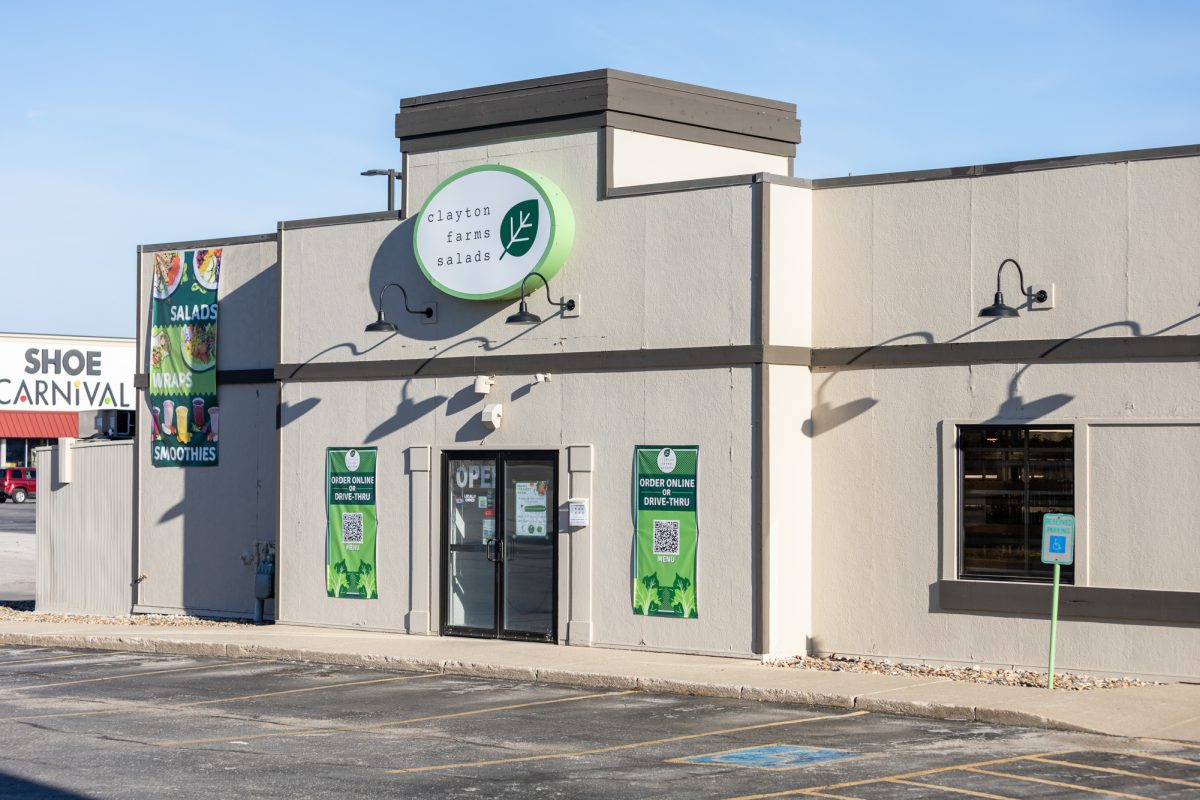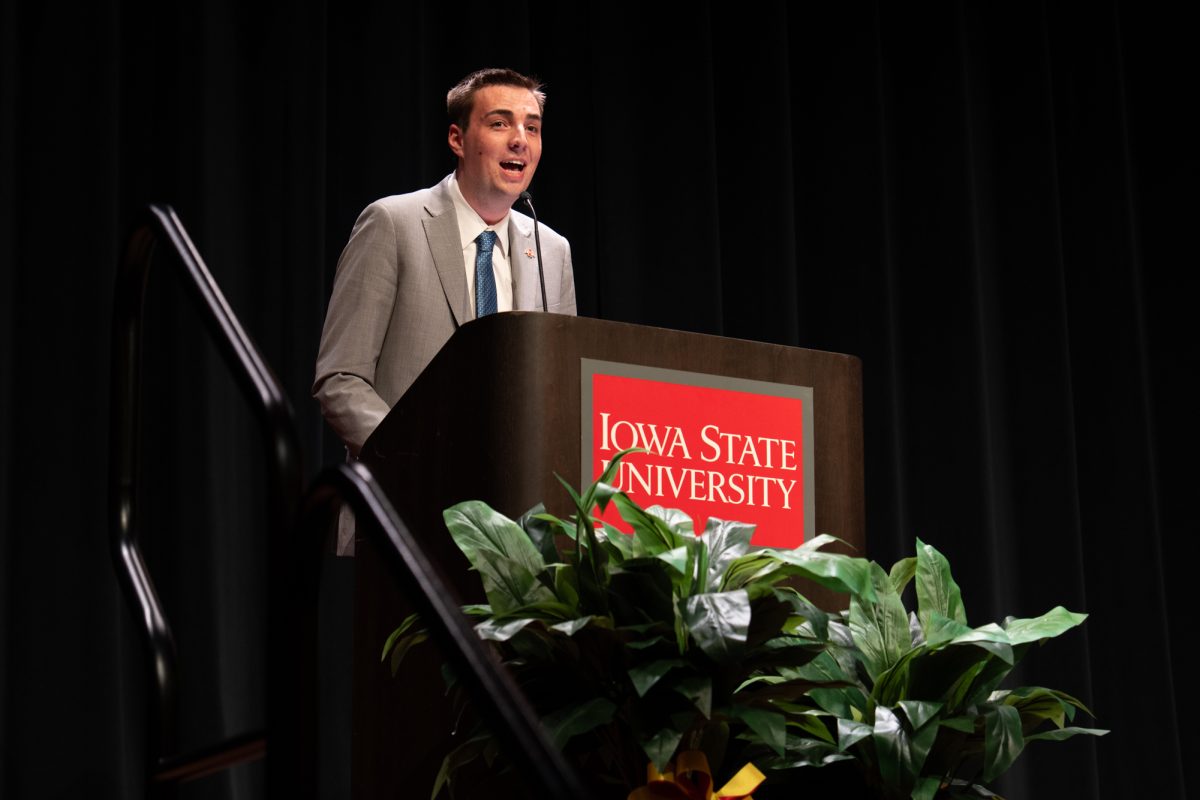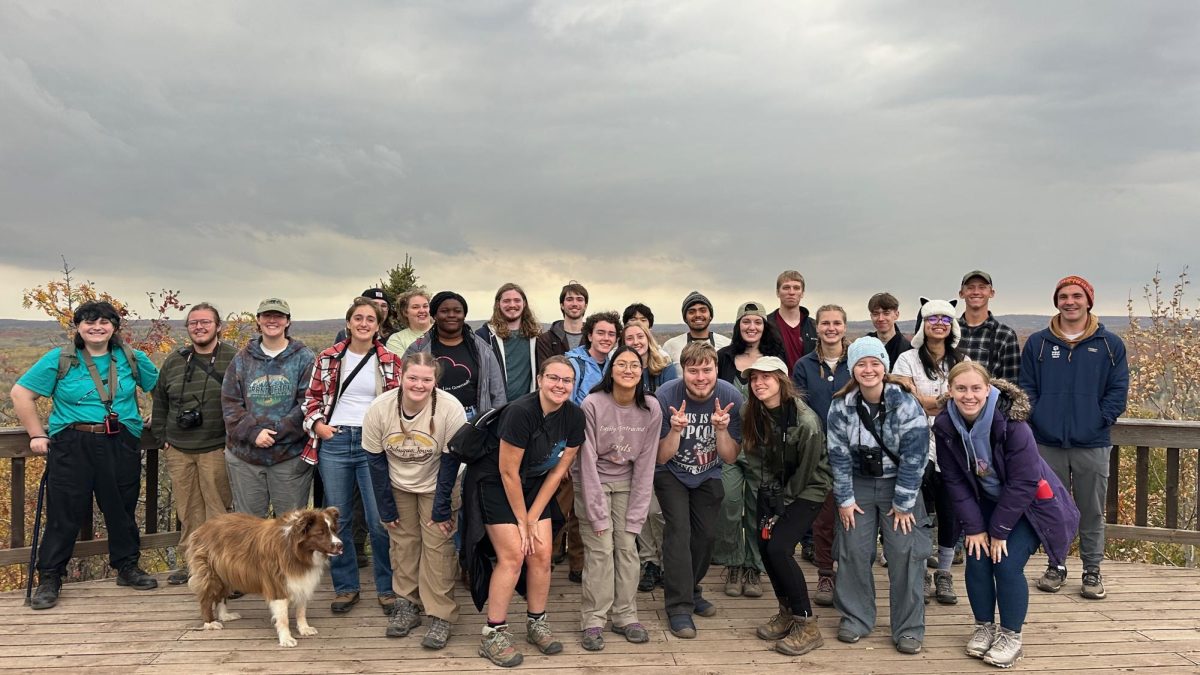Turn conflict into opportunity through sharing peace
September 16, 2010
As an Ames City Council member I share a special responsibility to represent the people of our community, but what does that really mean?
For me it boils down to making the quality of life as high as possible for as many people in our community as possible. I define quality of life as those items that contribute to the ability to be happy and for me happiness means being at peace. Sharing peace is at the very core of my duties as a City Council member.
So how do we work to increase quality of life and share peace?
Obviously the City Council cannot pass a magic ordinance that would make everyone happy all of the time; nor can it resolve international issues, but we can work to ensure people in our community are safe while also promoting those things that contribute to high quality of life.
This is a constant challenge because many things contribute to quality of life, each of us has a different idea of what increases or decreases quality of life and many quality of life issues are outside of the control of government.
As a community leader I practice and share peace by striving to be tolerant, to listen and reserve judgment, to build consensus, to be honest and to find middle ground. This certainly isn’t easy, especially when dealing with complicated issues that often give way to conflict within our community.
At the same time one must be realistic. While I strive to share peace through the above mentioned actions, I realize that peace is not easily achieved and that conflict is a part of life. Peace does not mean ignoring conflict, it means finding ways to resolve it for the good of everyone.
In Korean, the word for crisis is made from characters meaning danger and opportunity. This is because crisis — conflict — can be positive or negative, depending on how we look at it. The key to turning conflict from danger to opportunity is equanimity — having peace of mind and remaining calm, especially under stress. Achieving equanimity requires peace.
Most of us can agree that things are constantly changing, yet when conflict arises we become so attached to our views that change can become unthinkable. We also tend to blame those we disagree with without looking inside ourselves and without examining our own position objectively.
Imagine if each of us could improve in this area. The effects would be great for us, our friends, our family, our neighborhood and our community.
The next time a conflict arises; work on achieving peace where it must start — within you. Ask yourself what you can do to help resolve the conflict. In the truest sense, peace is ultimately not in the hands of any group of elected officials but in yours. Share it.





